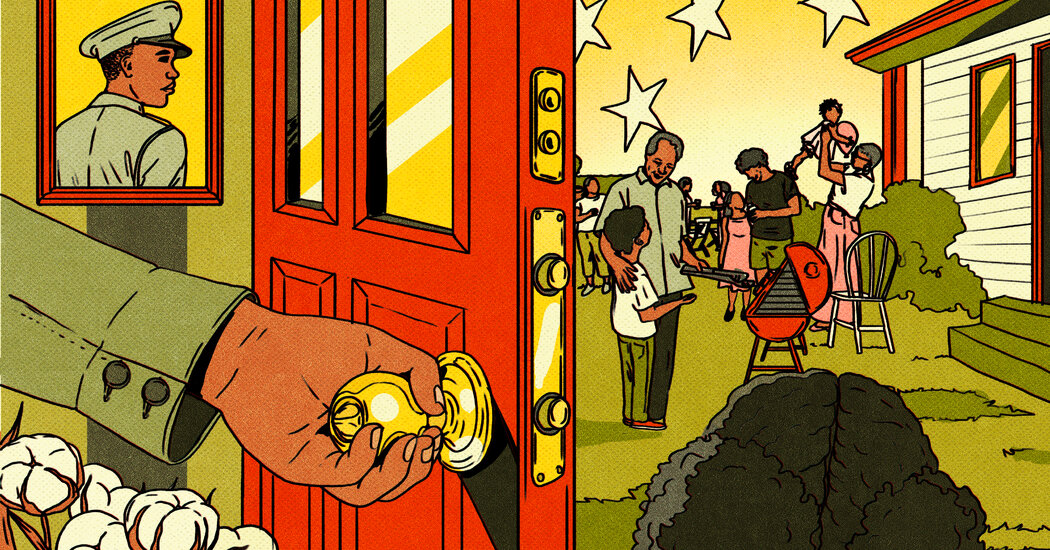Patriotism is often defined as love and devotion to one’s country. But true patriotism, in my opinion, goes beyond waving flags and singing national anthems. It means acknowledging and confronting the dark chapters of our nation’s history.
In the United States, we have a complicated past filled with triumphs and tragedies. From the founding of our nation on principles of liberty and equality to the genocide of Native Americans, from the abolition of slavery to the Jim Crow era, from the civil rights movement to the ongoing struggles for racial justice – our history is a complex tapestry of achievements and injustices.
True patriotism requires us to confront this history honestly and openly. It means recognizing the systemic injustices that have plagued our nation for centuries and working to rectify them. It means acknowledging the harm that has been done to marginalized communities and striving to make amends.
Unfortunately, there are those who believe that patriotism means turning a blind eye to the darker aspects of our history. They argue that acknowledging our past sins is unpatriotic and undermines national unity. But I believe that true unity can only come from a shared understanding of our past and a commitment to building a more just and equitable future.
Patriotism is not about blindly embracing a sanitized version of history that whitewashes the sins of our past. It is about recognizing the flaws and failures of our nation and working to make them right. It is about holding our country accountable for its mistakes and striving to create a more perfect union.
As we celebrate Independence Day and reflect on the values that make our nation great, let us also remember that true patriotism means telling the truth about our past. It means acknowledging the injustices that have been committed in the name of freedom and working to ensure that they are never repeated. Only by confronting our past can we truly honor the ideals that our nation was founded upon.


